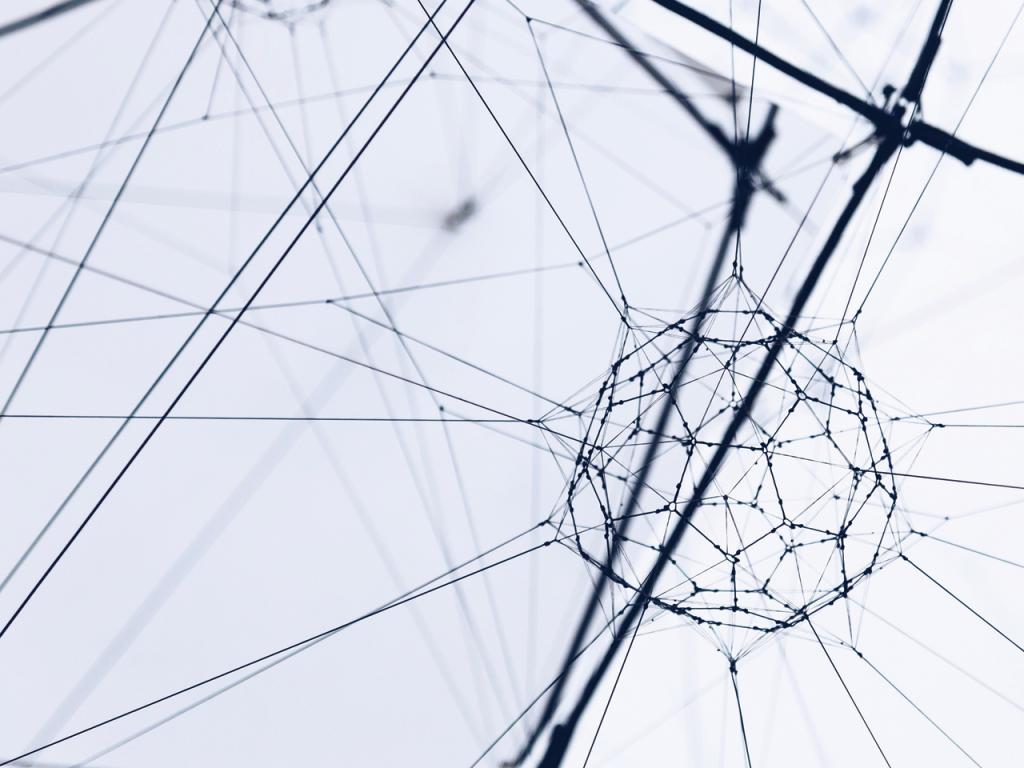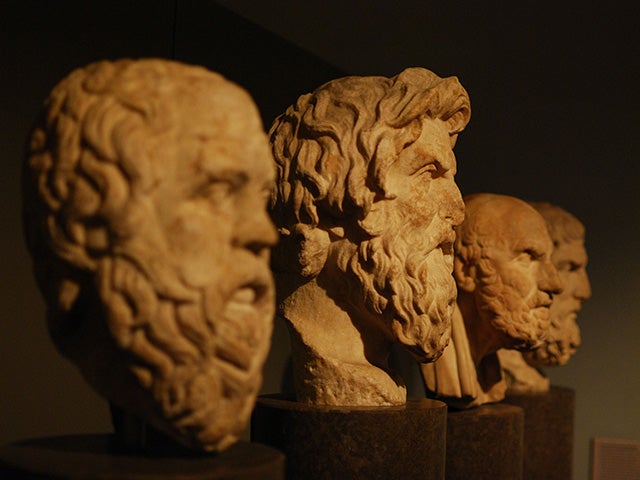Special Topics in Cognitive Science
Neuropsychology of Happiness
Davina Chan
Aug 24, 2022 - Dec 09, 2022
Tu, Th
12:30 pm - 01:59 pm
Open Seats
2 Unreserved Seats

This course will explore cognitive and affective components of happiness, including pleasure, meaning, and well-being, as well as associated patterns of neural activity. Included will be a discussion of the neuropsychological basis of negative emotions, such as sadness, fear, and anger, as well as an overview of the particular types of negative thought patterns associated with various psychological disorders, including mood disorders, anxiety disorders, and PTSD, and their neurological underpinnings. We will then turn to an evaluation of research findings from the new field of self-directed neuroplasticity. This will include a discussion of various evidence-based psychotherapeutic techniques for releasing and transforming negative thoughts and cultivating positive ones, including mindfulness, gratitude, and other cognitive-behavioral techniques, such as behavioral activation and reappraisal. We will examine how those techniques may affect perception, attention, judgment, and memory and change neurological structure and function in the short run and in the long run. Comparisons will be made to brain stimulation techniques used to treat psychological disorders, as well as effects of psychoactive drugs, both prescription and recreational, along with where psychedelic therapy might fit in. Lastly, we will look briefly at recent developments involving use of neuroimaging data to predict which types of psychotherapeutic techniques may be most effective for a particular individual.










